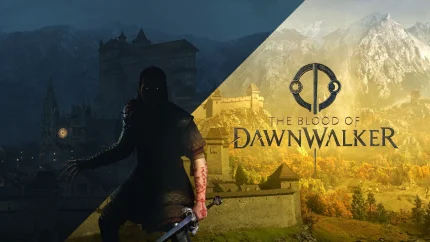The decision of the PowerWash Simulator-FuturLab's decision to discontinue support for VR platforms shines a harsh light on the challenges currently facing the virtual reality industry. While the VR base game and previously released DLCs will remain available, the studio has made it clear that there will be no future VR content. Instead, resources will be diverted to other projects. A sober but realistic assessment of the market.
In a statement explained CEO Kirsty Rigden: "We absolutely love VR and believe in it." But despite this enthusiasm, profitability was the decisive factor. Rigden continues: "I will always opt for job security for my team." These words hit home: FuturLab had to realize that the development of VR content simply costs more than it brings in. And this is not an isolated realization.
FuturLab's VR team will be working on other projects in the future, including the highly anticipated Wallace & Grommit Special Pack for the "PowerWash Simulator". The reallocation of resources is an understandable step that shows that even smaller studios need to think strategically in order to survive in the highly competitive gaming market.
The problem: VR remains an expensive niche
Although many major players such as Meta and PlayStation have invested heavily in VR, the market is stagnating. There are many reasons for this: the hardware is too expensive for many players, the game library remains limited and real exclusive titles that keep users loyal in the long term are rare. PlayStation VR2 also lacks support from Sony itself, which do not develop your own games. Maybe because it's not worth it? The hoped-for revolution in the gaming sector is a long time coming.
For studios like FuturLab, which are dependent on efficiency and profitability, VR is therefore not a worthwhile business area. And they are not alone. Numerous smaller developers could soon find themselves in a similar situation and abandon VR projects in favor of more profitable options. Others have long since thrown in the towel. If this trend continues, it could further weaken VR's already fragile position in the gaming market.
A sad but necessary farewell?
FuturLab's decision shows how difficult it is for smaller studios to survive on a platform characterized by high costs and limited growth. Whether this development marks the beginning of the end for VR gaming remains to be seen. For now, however, it is clear that the technology has potential, but without wider market acceptance and sustainable business models, it could remain a marginal phenomenon for the time being.







